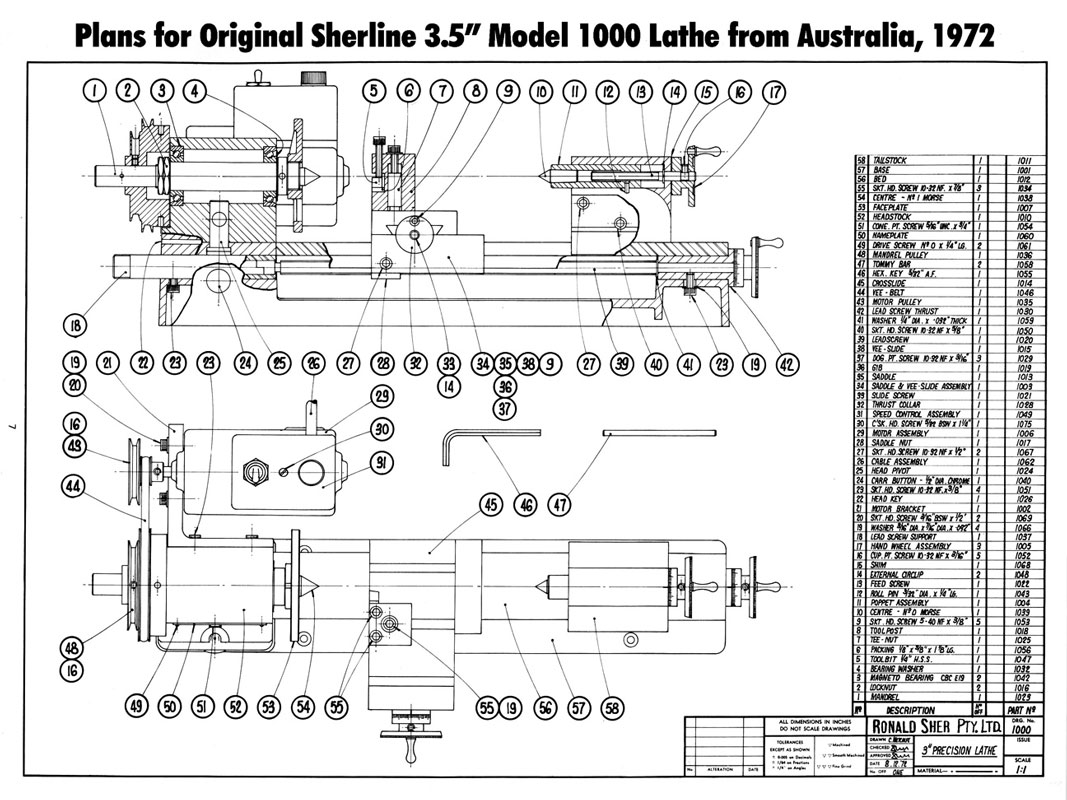
Modern lathes offer a variety of rotating speeds and a means to manually and automatically move the cutting tool into the workpiece. Machinists and maintenance shop personnel must be thoroughly familiar with the lathe and its operations to accomplish the repair and fabrication of needed parts. was designed to cut cylindrical metal stock has been developed further to produce screw threads, tapered work, drilled holes, knurled surfaces, and crankshafts.
Modern lathes offer a variety of rotating speeds and a means to manually and automatically move the cutting tool into the workpiece. Machinists and maintenance shop personnel must be thoroughly familiar with the lathe and its operations to accomplish the repair and fabrication of needed parts. been developed further to produce screw threads, tapered work, drilled holes, knurled surfaces, and crankshafts.
Modern lathes offer a variety of rotating speeds and a means to manually and automatically move the cutting tool into the workpiece. Machinists and maintenance shop personnel must be thoroughly familiar with the lathe and its operations to accomplish the repair and fabrication of needed parts. cutting tool into the workpiece.
Machinists and maintenance shop personnel must be thoroughly familiar with the lathe and its operations to accomplish the repair and fabrication of needed parts. to accomplish the repair and fabrication of needed parts. workpiece to be held and rotated by the lathe while a tool bit is advanced into the work causing the workpiece to be held and rotated by the lathe while a tool bit is advanced into the work causing the workpiece to be held and rotated by the lathe while a tool bit is advanced into the work causing the cutting action.
The basic lathe that was designed to cut cylindrical metal stock has been developed further to produce screw threads, tapered work, drilled holes, knurled surfaces, and crankshafts. Modern lathes offer a variety of rotating speeds and a means to manually and automatically move the